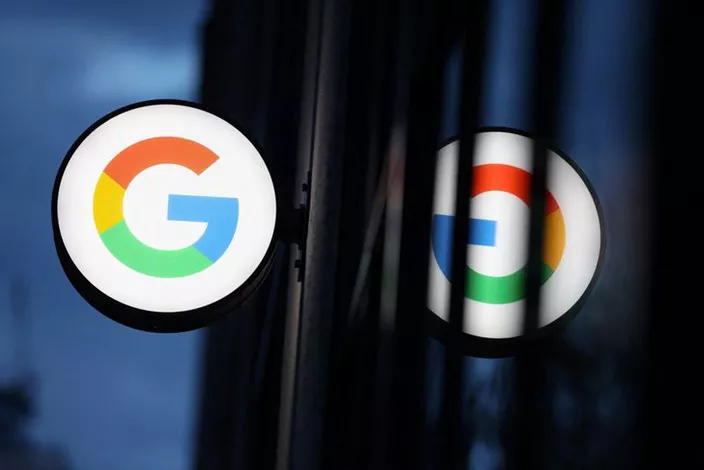Google’s artificial intelligence research unit, DeepMind, has introduced stricter controls on the release of its research papers, aiming to safeguard its competitive edge, the Financial Times reported on Tuesday.
This shift marks a significant change for DeepMind, traditionally known for its open research approach. Under the leadership of Nobel Prize winner Sir Demis Hassabis, the company is now placing more emphasis on monetizing AI technology.
The new internal policies include a six-month embargo on certain research papers and require multiple approvals before any publication can proceed. According to three former DeepMind scientists, the company is becoming more cautious about releasing studies that might benefit competitors or expose flaws in Google’s Gemini AI model, especially when compared to rivals like Microsoft-backed OpenAI’s GPT-4.
This move comes as investor pressure grows on Google to reclaim its position as a leader in AI, following concerns that it may be falling behind OpenAI.
In defense of the new approach, DeepMind emphasized that while it continues to prioritize AI research, it must balance these efforts with strategic and competitive considerations.
Related Topics:


